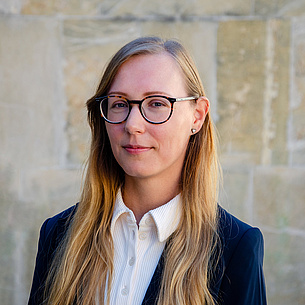Content
- You learn the basics of the statistics programme package R (open source) and use it to conduct data analyses.
- You obtain insight into the diverse subject of statistical modelling.
- You learn how to work with systematic and logical precision.
- You gain problem-solving experience in the field of data science.
The intensive course includes 8 modules:
- Module 1: The Data Scientist – Key Figure in Understanding Business and Data
- Module 2: Introduction to the Programme System R: Problem Analyses and Obtaining Data
- Module 3: Data Mining: Preparing the Information and Exploring the Raw Data
- Module 4: Statistical Modelling Methods in R
- Module 5: Logistical Regression (Binary Response Variables)
- Module 6: Classification Trees and Regression Trees
- Module 7: Artificial Neural Networks
Target Groups
The course has been designed for people who have to deal with many types of data in different business areas and want to acquire current knowledge in the field of statistical data analysis, modelling and interpretation. Such as
- Health professionals,
- Logisticians,
- People working in tourism,
- Civil engineering employees.
Applicants should have received an academic education at the university level and have basic knowledge in statistics.

Dates and Deadlines
- Next course date: Upon request
Quick Facts
- Duration: 4 days (8 modules, 2 modules per day)
- Confirmation: TU Graz confirmation of participation
- Language of instruction: German
- Participation fees:
- 1,290 Euro (VAT-free) each
- 1,090 Euro each in the case of at least 3 participants from the same company
- 900 Euro for employees of TU Graz
- Price includes course documentation and drinks during the breaks.
- Course location: TU Graz

Collecting, analysing and extracting the information from a large data set is simple using the programme package R. A systematic explorative analysis of the data and the simplification of multi-dimensional data sets allows optimised modelling. Basic concepts are presented and their load-bearing capacity are demonstrated by means of practical case studies. In this way, the course participants receive the necessary tools that they can use to model and interpret complicated data.
Registration
To register for the course, please submit the completed registration form (in German) by e-mail to lifelong.learning@tugraz.at.
Programme Director
Ernst STADLOBER
Univ.-Prof.i.R. Dipl.-Ing. Dr.techn.
Institute of Statistics
Phone: +43 316 873 6478
e.stadlober@tugraz.at

Contact
Sarah Meinhardt
BA
TU Graz Life Long Learning
Tel.: +43 316 873 4945
lifelong.learning@tugraz.at

